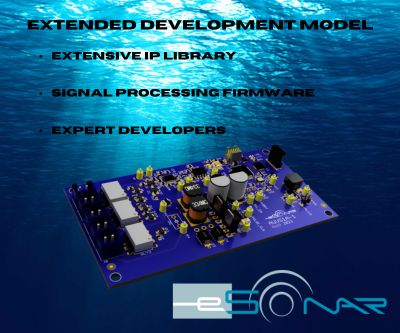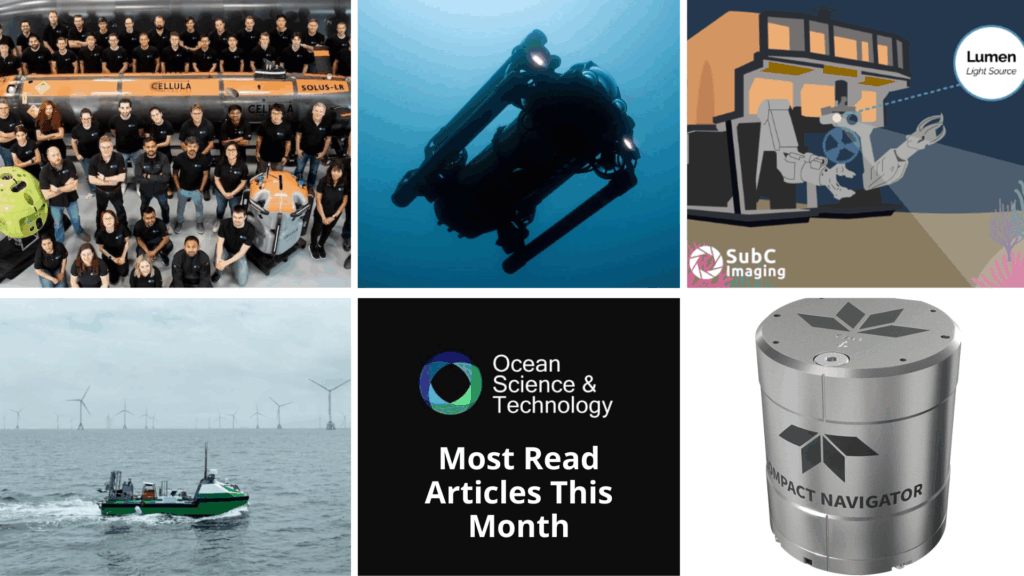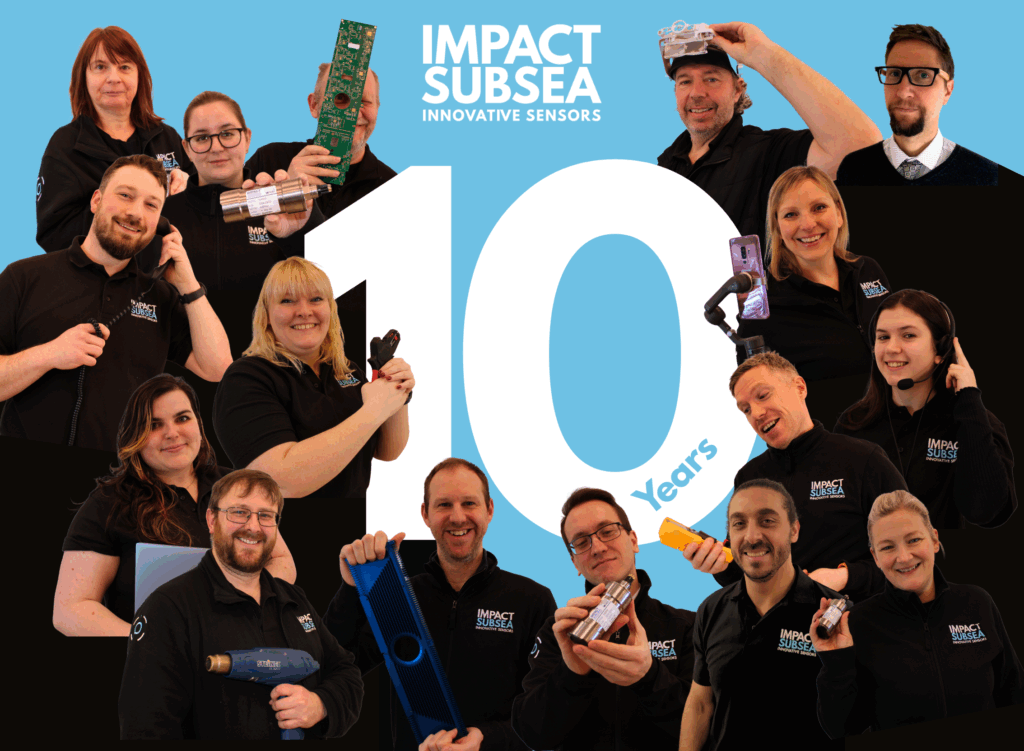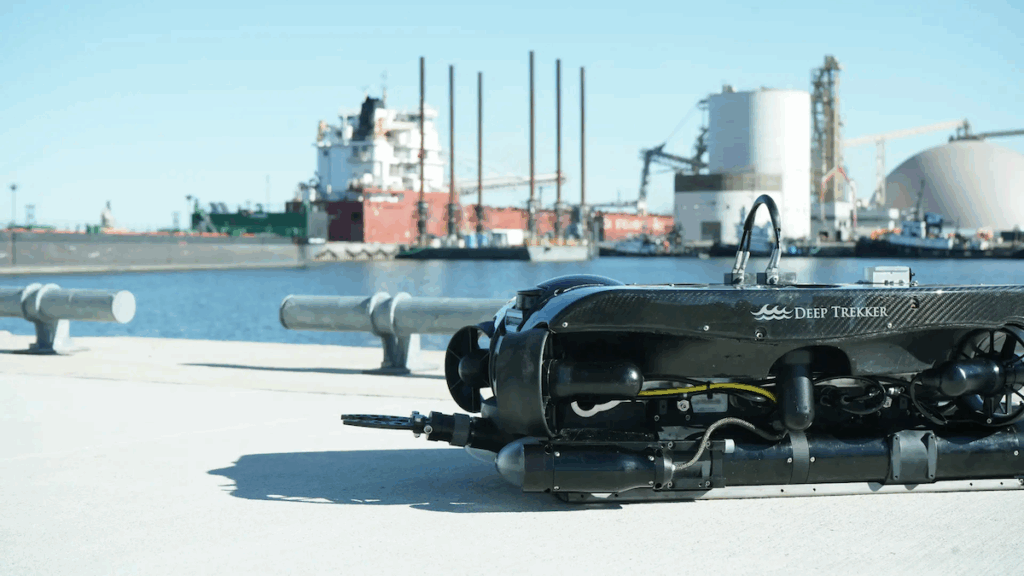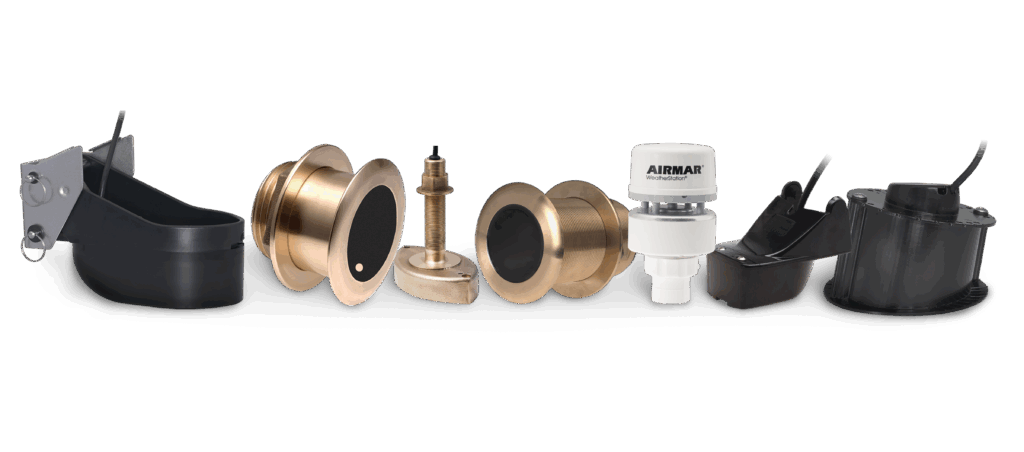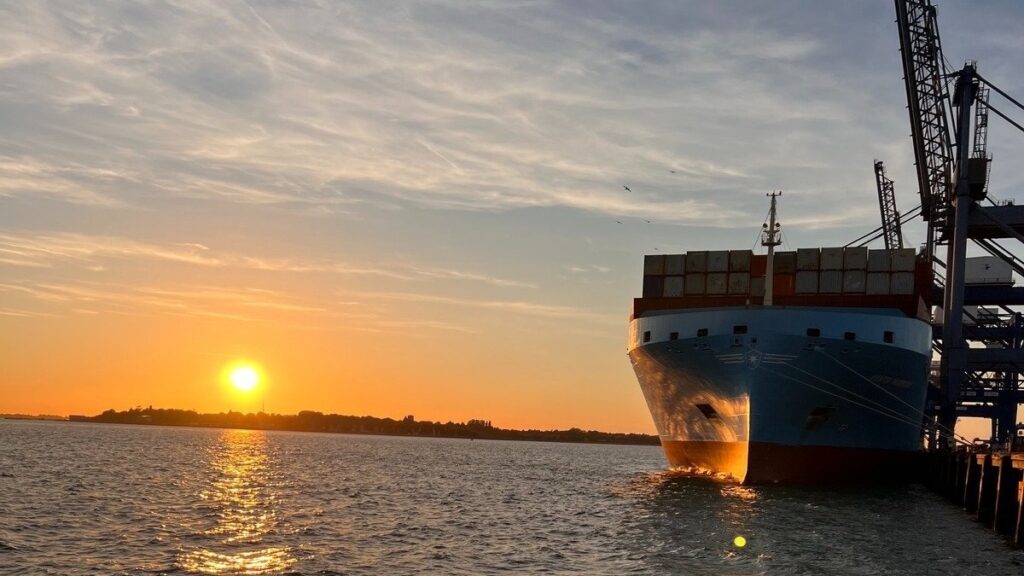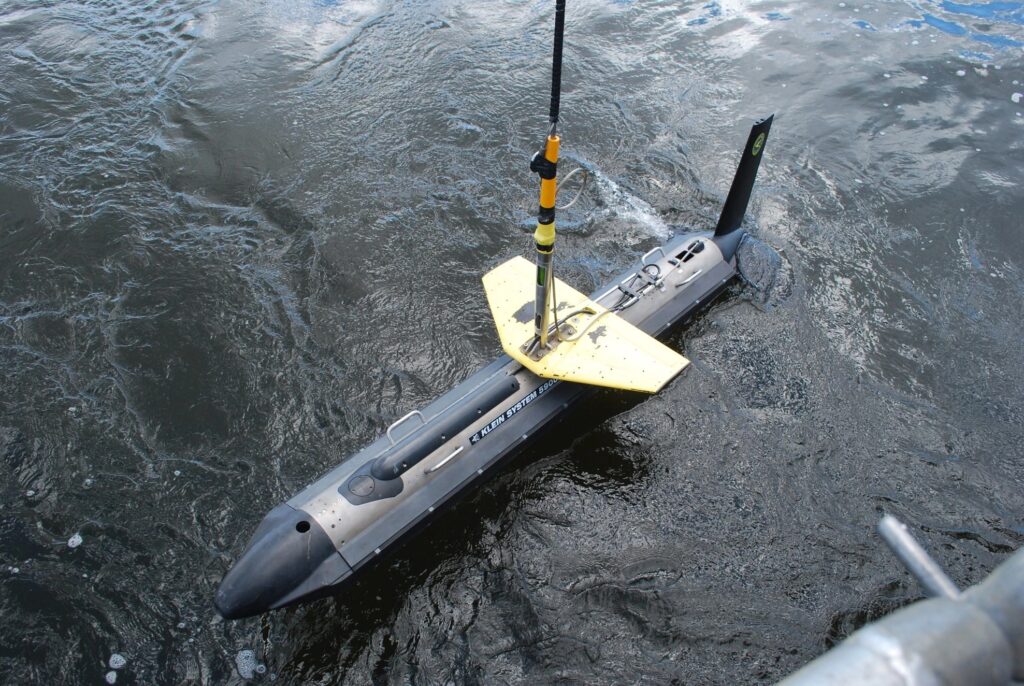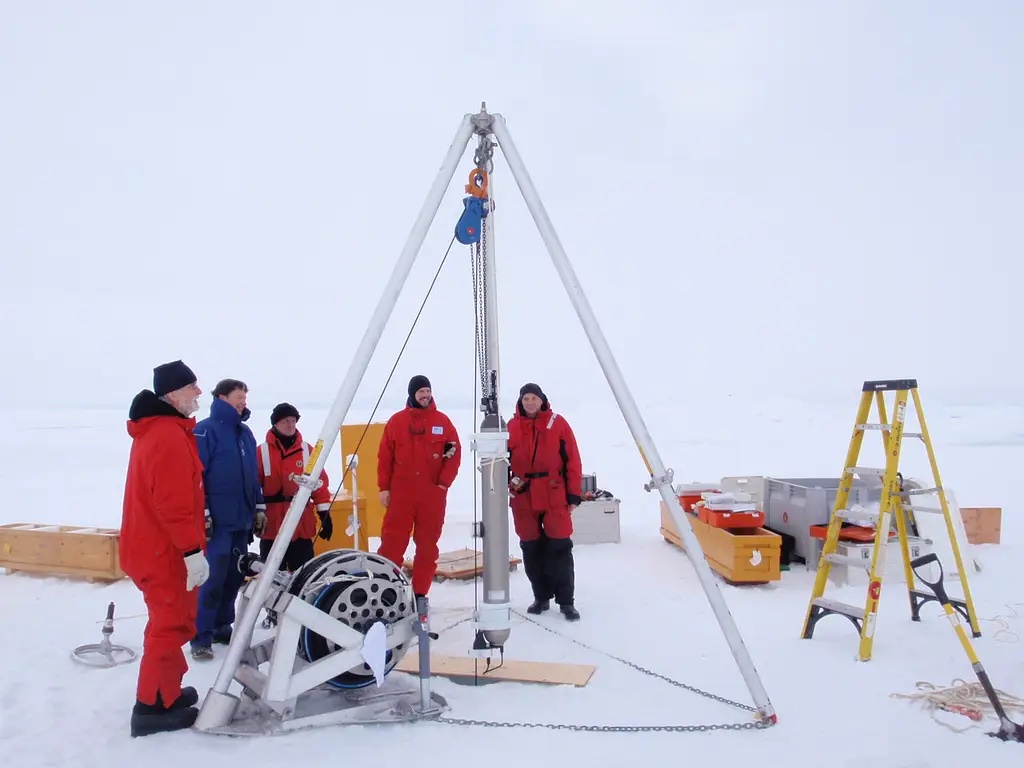
Connect with Leading Marine Technology Innovators
Discover cutting-edge solutions from leading global suppliers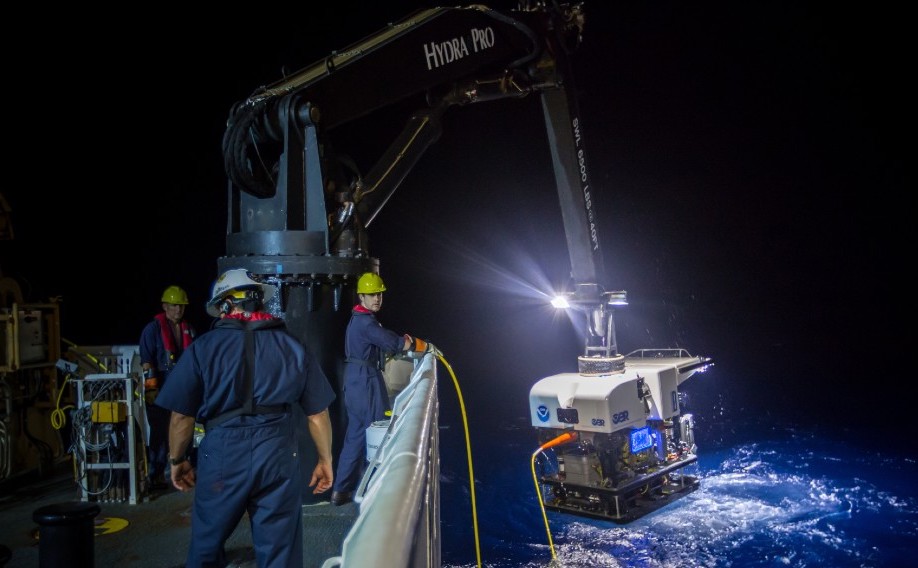
The Biden-Harris Administration and NOAA have announced a $147.5 million Inflation Reduction Act investment to strengthen NOAA’s science and management capabilities that support climate-ready fisheries.
This funding will enable NOAA to modernize its science enterprise, delivering critical information and tools to support decision-making and adaptation strategies for rapidly changing marine ecosystems.
Upgrading Technological Capabilities
NOAA Fisheries will use $107.5 million to enhance science and data collection to account for the effects of climate change and improve fish and marine mammal stock assessments.
This funding will modernize and transform the agency’s technological capabilities, and broaden the scope of observations that NOAA collects using innovative methods like uncrewed systems, remote sensing, and environmental DNA collection.
Climate, Ecosystems, and Fisheries Initiative
Another $40 million will fund the Climate, Ecosystems, and Fisheries Initiative to provide resource managers and fishing communities with the information they need to build resilience and adapt to changing marine ecosystems.
This initiative will establish an operational decision-support system to track changes in marine ecosystems, and assess risks to valuable resources and the communities who depend on them. It will also identify options for reducing risks and bolstering resilience in the face of changing climate and ocean conditions.
To implement the initiative, NOAA will allocate $20 million to NOAA Fisheries and $4 million to NOAA’s National Ocean Service to enhance regional capacity to forecast future ecosystem conditions, evaluate risks and provide actionable advice for climate-informed resource management and community adaptation.
To support these efforts, an additional $16 million will go to NOAA Research to develop the state-of-the-art forecasts and long-term projections of ocean and Great Lakes conditions needed to evaluate risks and identify strategies for adaptation and resilience.
U.S. Secretary of Commerce Gina Raimondo commented, “This funding, made possible thanks to President Biden’s historic Inflation Reduction Act, will make our nation’s fisheries, protected species and coastal communities more resilient to the impacts of climate change. By strengthening NOAA’s scientific efforts to help us better understand and plan for changing marine conditions, we are making smart investments in the economic and climate resilience of communities across our entire country.”
Assistant Administrator for NOAA Fisheries Janet Coit added, “The climate crisis means warming oceans, rising sea levels, diminishing sea ice and increasing acidification — all profoundly impacting coastal ecosystems and every aspect of NOAA’s mission. We have an unprecedented opportunity to advance our scientific understanding of our rapidly changing ocean and deliver critical information to communities that depend on healthy marine ecosystems.”

